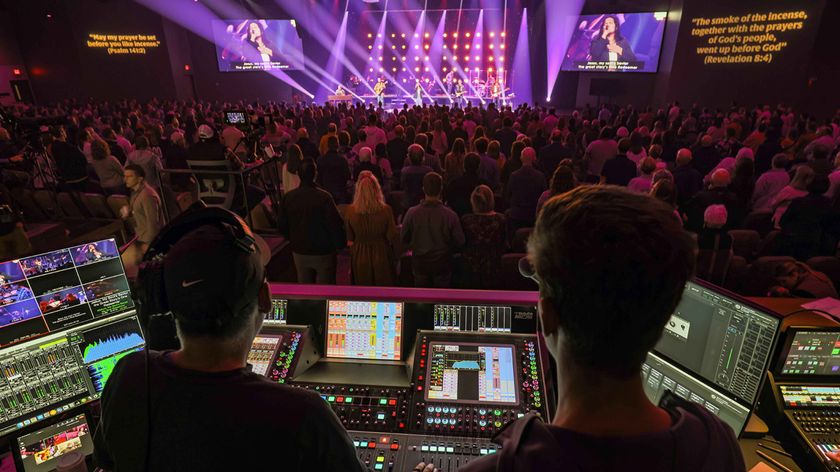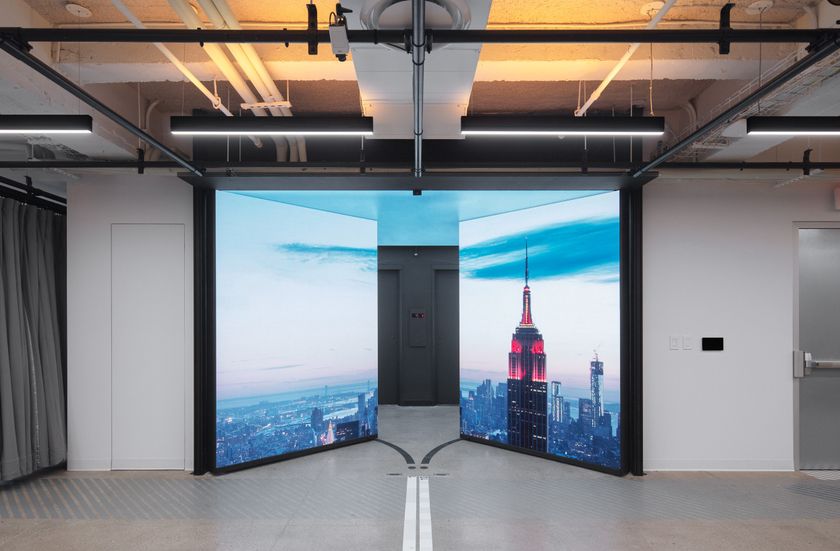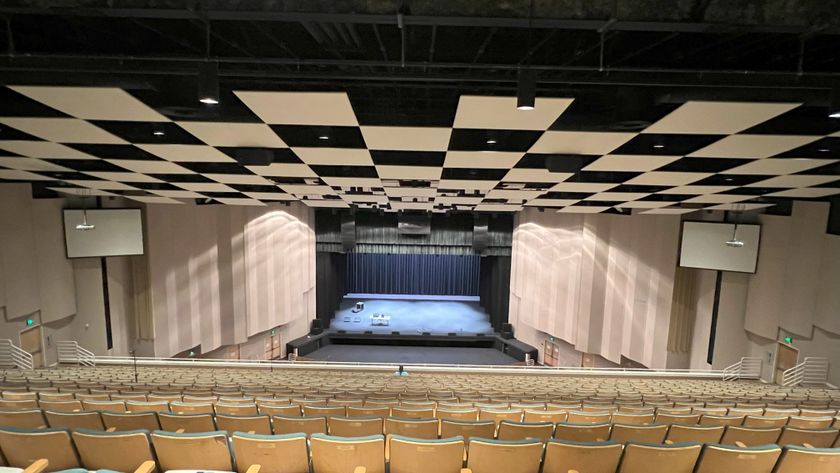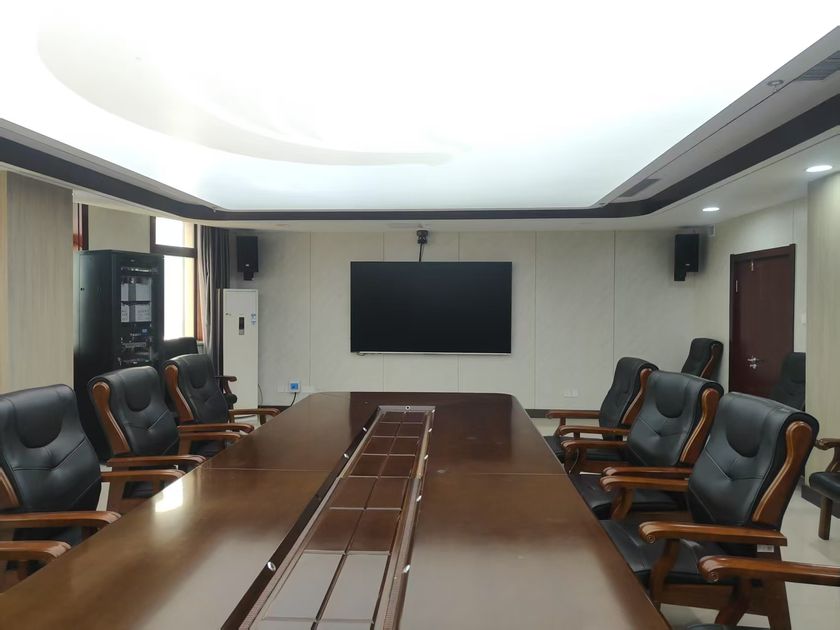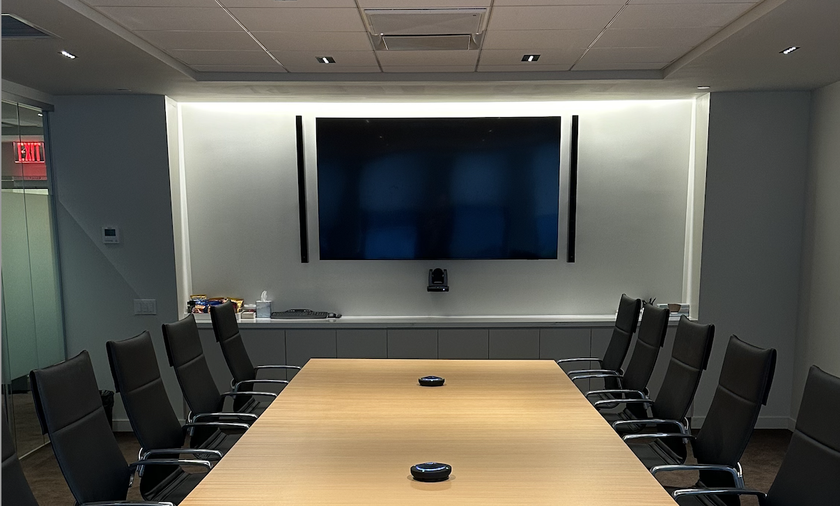- In his article this month, Tom Stimson raises the issue of marketing in an industry where for many companies marketing is done by seat of its pants, by intuition, by trial and error, or often not at all.
- Marketing is often, as Stimson explains, the last thing stagers think about. He describes a typical life cycle of a new staging company -- opening their doors with one or two key clients already secured and just enough gear and people to support those projects. And then improvising around that show schedule with box rentals, breakouts, simple setups, courtrooms, and maybe even installations. With luck, this can all lead to steady growth and moderate success as a solid medium-to-small-show operation that also has a couple of big shows a year.
- Breaking out to become a major player, or just to stay in the mid-range consistently, requires a more serious understanding of market channels. Market channels in this industry can present a dilemma: if you choose to sell to the end customer you will be in direct competition with the production channel. But as Stimson points about this tightrope can be successfully walked, with the right knowledge of the customer's needs.
- As trade journal publishers, very much in the thick of things technical-looking at the latest greatest staging gear, and keeping up with broad trends in show design -- we're not always plugged into all the market channels. End users and show producers typically like to keep a low profile vis a vis trade magazines -- ostensibly out of a desire to not be subject to too many service company pitches/prospecting.
- In fact, when we launched this magazine some six years ago, there was some fear on some stagers' part that publicizing their work, writing about great events they'd staged, would encourage poaching of their clients. But that fear proved to be unfounded. I have never known of a single instance of this happening in my years directing this effort. But I do think there persists not a fear, but better said a mild discomfort on the part of show producers to really seek any kind of recognition, or in fact to want the kind of industry "umbrella" or "tent" typically provided by trade associations, trade publications, etc. While we have InfoComm and a few other associations that provide that kind of "tent" for stagers-offering conferences, business seminars, and of course product platforms at the trade shows-producers seem to be an independent breed. They're certainly talked to by stagers, but they don't tend to gather in any one place, physically at trade events, or in terms of the other aspects of an Association or market group.
- Industries make their own rules and their own channels. And this industry is vibrant, growing, and evolving to incorporate new technology and new channels. No need to try to force any model from other industries on what is essentially a more informal arrangement that is dictated by the highly specialized and highly technical nature of staging. But that being said, we'd love to hear from more show producers. We know publishing, and we know, unequivocally, publicity is never a bad thing!
- Speaking of which: stagers, producers, and end-users, are welcome all, to the Rental & Staging Systems Roadshow, to take place at the Los Angeles Convention Center, Dec. 5th. The Rental & Staging Roadshow will include two consecutive tracks: one on business and management, and the other track on technical issues in staging, which will be presented by InfoComm. Admission is free, but space is limited. Get more information, and register today at:
- http://www.rentalandstaging.com/roadshow/
